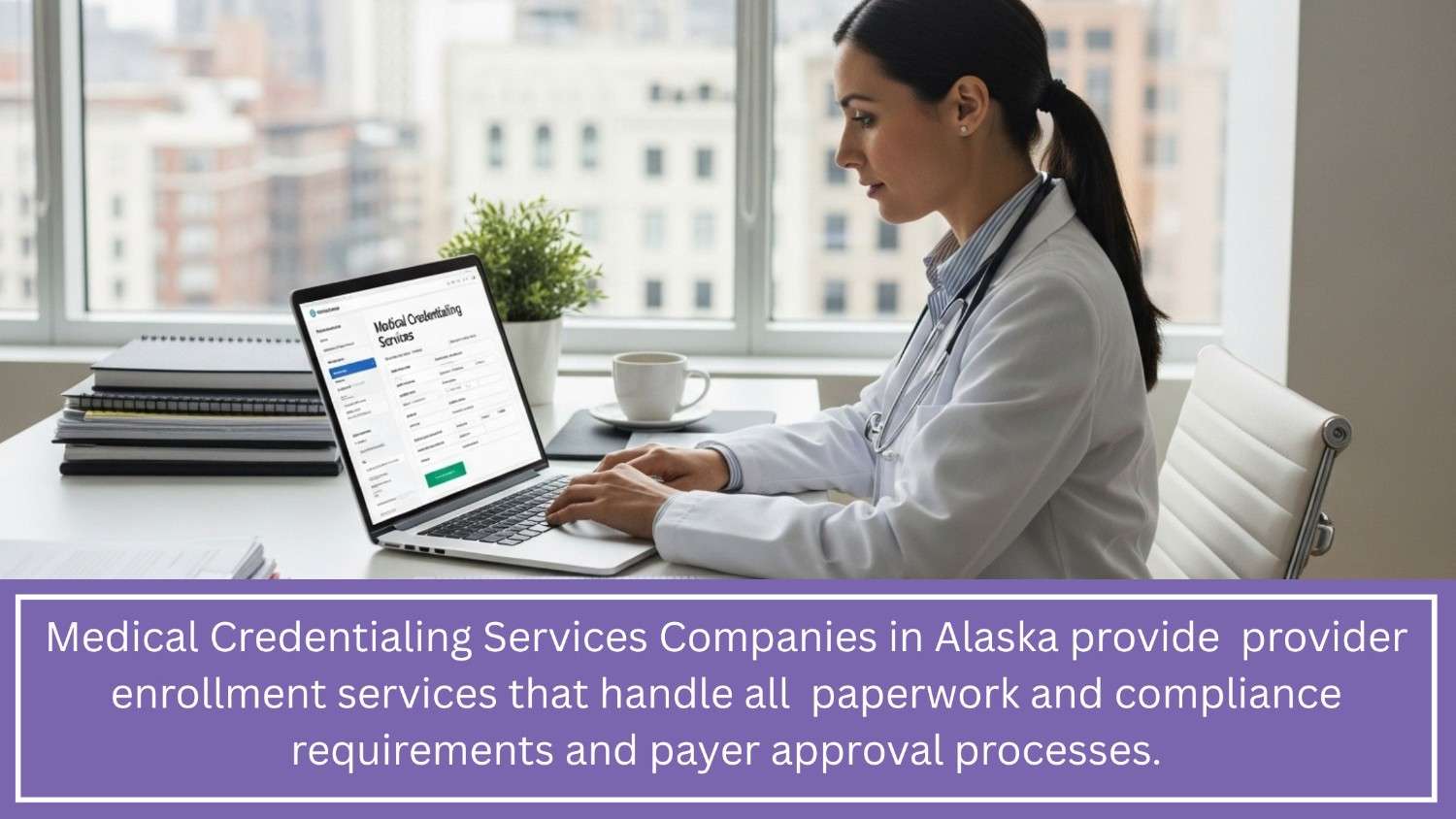Cardiology Billing Essential Codes and Compliance
Accurate and timely reimbursements require cardiac specialists and administrators to comprehend the basic principles of cardiology billing. This knowledge enables medical professionals to make confident and clear decisions about patient care. Think of it as mastering the ABCs of getting reimbursed!
Successful cardiology billing requires an in-depth knowledge of the services provided, the various payers involved, and the regulations governing billing as well as medical coding operations. Cardiac surgeon can get timely and exact payment for their treatment by staying abreast with these requirements and utilizing practice-specific medical billing software.
Whether you’re a practicing cardiac surgeon, an experienced administrator managing cardiology procedures, or an important medical billing or coding team member, this blog will provide valuable insights into the complexities of cardiology medical billing guidelines.
Table of Contents
Understanding the Role of CPT and ICD Codes in Cardiology Billing
Understanding CPT and ICD-10-CM coding is crucial for medical professionals in order to effectively bill for cardiology services. CPT codes denote the services provided, whereas ICD-10-CM codes indicate the conditions that were treated. These codes are split into categories such as evaluation and management, medical anesthesia, medical procedures, radiation therapy, as well as pathological conditions. Accurate coding is vital for receiving proper payments and maintaining legal compliance. By mastering these coding systems, clinics can decrease billing errors, prevent compliance problems, and increase overall effectiveness, allowing them to focus more on patient care and operational excellence.
The landscape of cardiology medical billing services spans a broad spectrum of codes. To exemplify, here are a select few cardiology CPT codes along with their respective meanings:
- 93000 – Electrocardiogram (ECG): This entails a heart test conducted with a minimum of 12 wires, accompanied by a comprehensive report elucidating the findings.
- 93306 – Echocardiography: This diagnostic procedure utilizes sound waves to generate real-time images of the heart, incorporating Doppler features to assess blood flow, and is documented with a thorough record of the images obtained.
- 93510 – Cardiovascular Stress Test: This entails assessing the heart’s performance under stress, via physical exertion on a treadmill or bicycle while monitoring heart activity with an electrocardiogram, or by administering medications to mimic exercise effects, all while under the supervision of a qualified physician.
Cardiology billing is a difficult task that requires regular updates from the AMA -American Medical Association. These updates are vital because they reflect the most recent medical advances and procedures. For clinicians, staying updated is not only advantageous but also essential to precise billing as well as prompt reimbursement. Insurance companies have their own set of standards, and compliance is their number one goal.
Many healthcare facilities rely on experts who hold certifications such as the American Academy of Professional CCC- Coders‘ Certified Cardiology Coder. These certifications showcase an outstanding level of knowledge in cardiology billing as well as coding. AAPC-certified coders have undergone specific training to handle the complicated nature of cardiology operations, guaranteeing billing precision and efficacy. This not only reduces errors and delays but also improves the clinic’s financial health as a whole.
Importance of Insurance Coverage Verification in Cardiology Services
Coverage Insurance verification is an important step for cardiology clinics that ensures patients are completely conscious of their financial obligations prior to receiving care. This step hinders unanticipated bills, enabling patients to budget and avoid the strain that could jeopardize their goal of future cardiac medical care.
For medical professionals, this verification is vital for avoiding insurance payment rejections and delays. Denials take place when services are not covered, whereas delays occur when claims processing takes longer, both of which result in revenue loss and can have an impact on the quality of care. Cardiologists who verify coverage in advance can maintain an efficient billing operation, ensure consistent revenue, as well as focus on delivering the best possible treatment to patients without financial challenges.
Additionally, confirming coverage verification helps cardiologists understand insurance policies and criteria. This understanding enables providers to deliver services covered by the patient’s insurance and effectively communicate any potential out-of-pocket expenses to patients. Ultimately, this cultivates trust between patients and providers, thereby enhancing the overall patient experience.
Strategies for Precise Coding and Claim Submission in Cardiology
Cardiology billing demands more than mere basic documentation; it necessitates precision. Accurate medical diagnosis and medical codes are essential for receiving timely payments. Mistakes here can cause payments to be delayed or denied completely, highlighting the significance of submitting accurate claims.
Comprehensive documentation also guarantees that continuity of treatment is never jeopardised. Medical professionals can review histories, assess current conditions, and devise effective treatments when they have access to complete patient records. This integrated approach improves the health of patients across all levels.
Compliance is another important factor. Medicare and insurance companies have strict documentation requirements. Ensuring that your practice follows these standards protects you from not only financial consequences but also legal headaches. In cardiology, careful billing practices protect the practice’s integrity and its financial health.
For medical professionals, accurate documentation is essential in avoiding legal liability. Incorrect or inaccurate data can lead clinics to malpractice claims, harming reputations along with causing financial losses. Keeping accurate and comprehensive documentation protects patients while also ensuring the clinic’s credibility and financial viability.
Preventing Claim Denials and Payment Delays In Cardiology Billing
Cardiology practices must submit claims to insurance companies on time to make sure patients receive the necessary treatments without imposing financial burdens. As the complexities of medical insurance grow, effective billing systems are crucial for avoiding claim rejections and payment holdups. Fast reimbursements decrease the risk of late submission repercussions, thereby protecting the clinic’s financial stability.
Getting prior authorization from insurers prior to treatments helps avoid claim denials and ensures patient coverage. This proactive strategy promotes positive relationships with insurance companies and increases patient trust.
Cardiology facilities can maintain a healthy revenue stream, improve patient satisfaction, as well as make sure efficient operations by focusing on timely insurance submissions. It is a vital approach for the expansion and success of every cardiology clinic.
Regulatory Compliance in Cardiology Billing: Navigating HIPAA, CMS, and ACA
Managing cardiology billing requires a lot more than simply precision; it also necessitates remaining updated with constantly shifting laws and standards. Every field of practice involves unique challenges, so practitioners must stay abreast with the latest and most recent regulations. By doing so, you ensure accurate billing and maximum payments, allowing you to focus on providing exceptional patient care without stressing about finances.
A crucial component of cardiology billing involves the precise coding of procedures and diagnoses. Given the complexity of cardiology procedures, there are often multiple codes associated with each treatment. Therefore, it is essential to employ the correct codes to prevent claim denials or delays. Cardiology coders must remain vigilant in staying informed about any changes to medical coding guidelines and utilizing the most recent versions of coding manuals.
Compliance with legal requirements is a vital component of cardiology billing management. With regulations such as HIPAA- Health Insurance Portability and Accountability Act, CMS- Centers for Medicare and Medicaid Services guidelines, and the ACA- Affordable Care Act, cardiac surgery practices must make sure that all staff, from heart specialists to administrative teams, are informed and up to date. This continual education and compliance not only protects your practice from legal pitfalls but also promotes a smooth billing operation and increases patient trust.
Discover the ideal solution for streamlining cardiology medical billing with Practolytics! Our advanced cloud-based software will help you streamline your client’s billing. We provide transparency and control over your financial operations by simplifying claims processing, checking patient eligibility, and handling your revenue cycle smoothly. Our platform effortlessly integrates with ICD-10, CPT, and HCPCS codes, guaranteeing your claims are correct and compliant. Real-time analytical and reporting tools help you stay informed and empowered when making the right choices for your clinic. We are fully HIPAA compliant and prioritize patient data security, enabling you to confidently reduce errors and optimize cash flow. Experience the difference Practolytics can make for your practice – schedule a demo today!
ALSO READ – Understanding Cardiology Revenue Cycle Management (RCM) Services.
Talk to Medical Billing Expert Today — Get a Free Demo Now!






